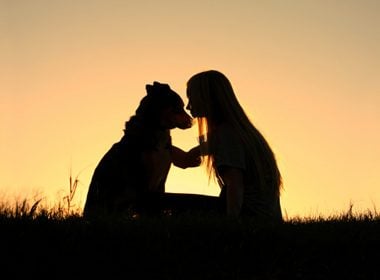
Upside: You Can Save an Animal in Need
“There are plenty of dogs ready to give a lot of love,” says Lyndsay Tischer of Humane Animal Rescue Team in Edmonton. Only half of the thousands of canines taken into Canadian shelters each year find new homes. (The rest are euthanized, transferred to another facility, returned to their owners or die in the shelter.)

Downside: You Might Have to Pass on a Purebred
If you have your heart set on a specific kind of canine, you may be disappointed. There’s good news, though: Mixed-breed dogs don’t have as many genetic health problems as purebreds.

Upside: You’ll Help Prevent Overpopulation
A reputable organization will make sure its dogs are spayed and neutered as part of the adoption process. By choosing a shelter, you will be taking business away from puppy mills and backyard breeders, long criticized for inhumane treatment and overbreeding.

Downside: You’ll Have Fewer Years With Your Sidekick
If you adopt an adult dog, you can’t count on 10 years of companionship.

Upside: Adopting From a Shelter Costs Less
Buying a puppy from a breeder or pet store can cost thousands of dollars. Canadian rescue organizations typically charge $100 to $400 in adoption fees, and that price sometimes includes services such as spaying or neutering, microchipping, vaccinations and anti-parasitic medications.

Downside: Your Adoptee Could be Tougher to Train
Some people worry a rescue dog will be difficult, and a certain number do come from troubled homes. But when animals are given up, it’s usually because their owners can’t care for them. The Association of Professional Dog Trainers says older dogs may be harder to train than puppies because they’re settled in their behaviours, but they’re also calmer and more focused, making them attentive students. A reputable organization will match the animal to a well-suited home.